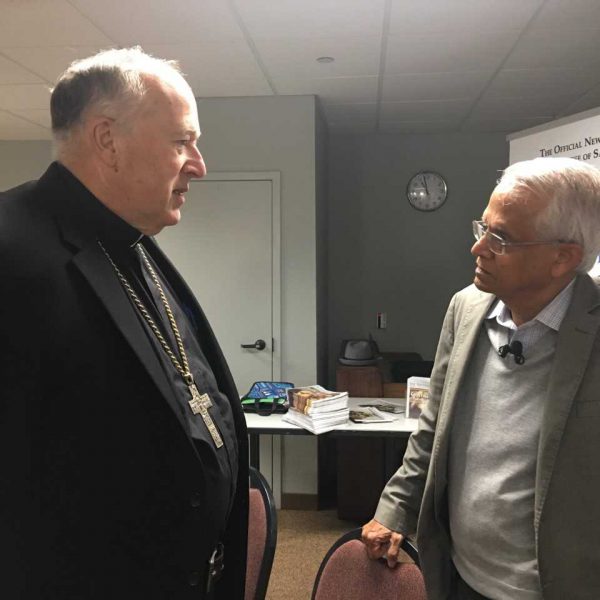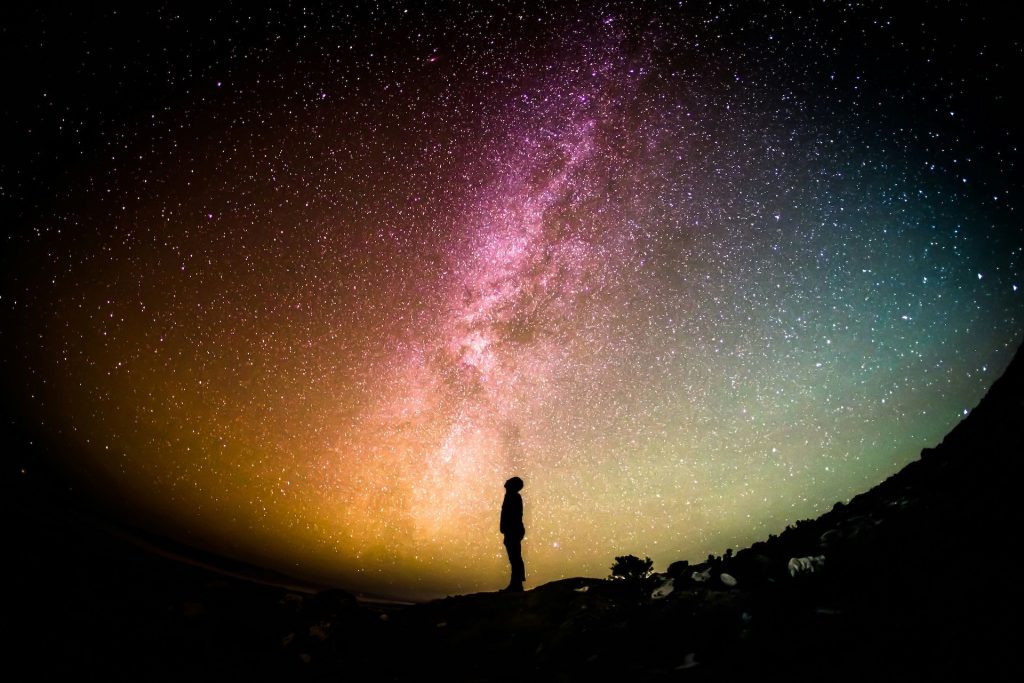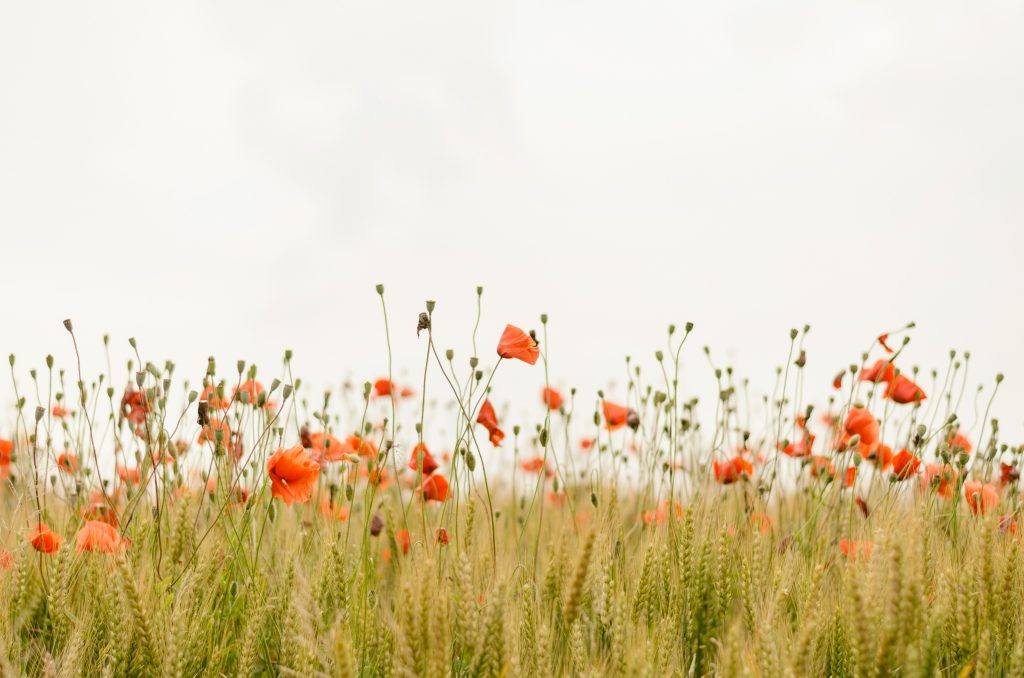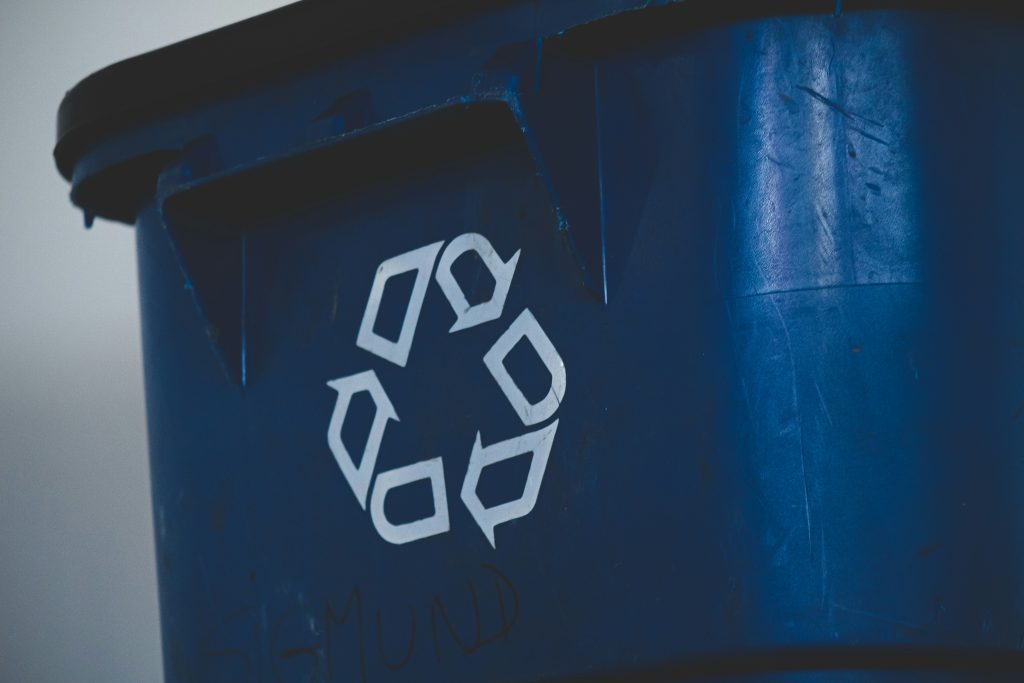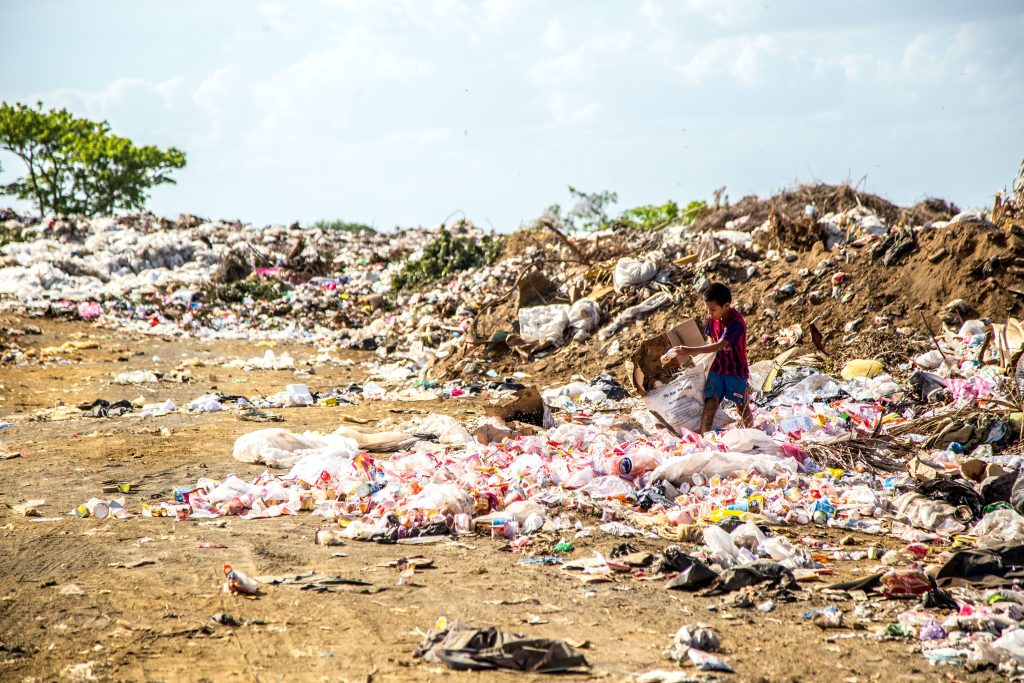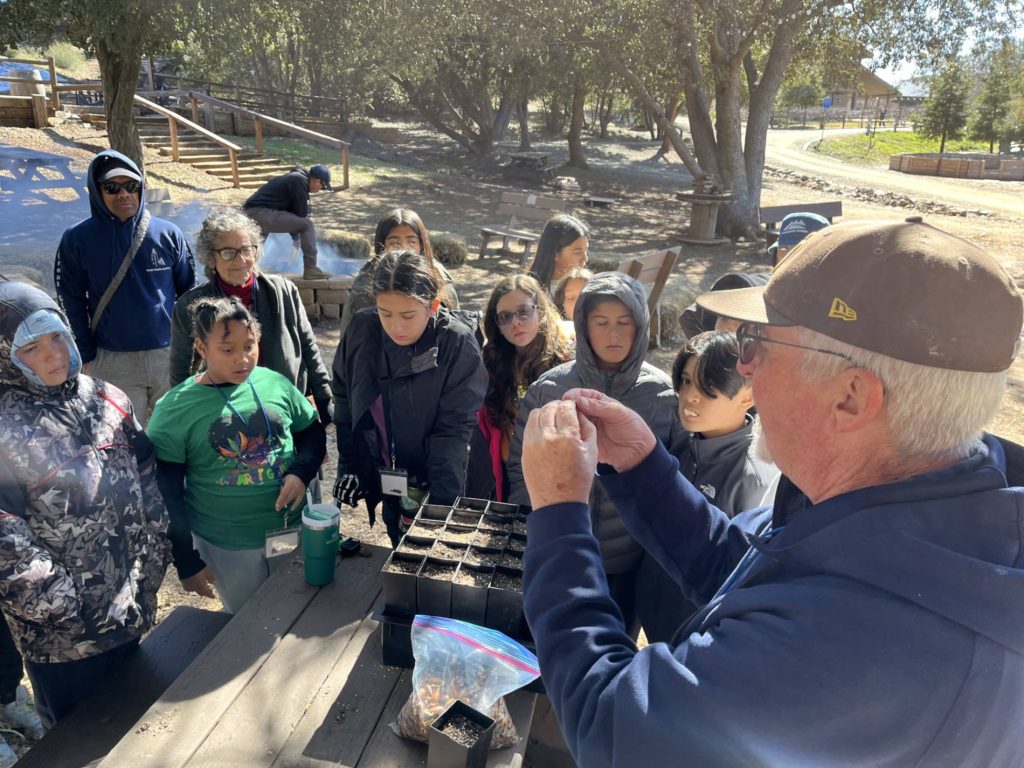SAN DIEGO — “We are nearing catastrophe.”
That is how San Diego Bishop Robert W. McElroy described climate change, which is affecting “the whole of Creation.”
He spoke at a forum, “Bending the Global Warming Curve: A New Alliance between Science, Religion and Policy,” organized by the San Diego Diocese. About 150 lay Catholic leaders, educators, priests and religious women attended the event, held on Oct. 30 at the diocesan Pastoral Center.
The bishop and the other featured speaker, one of the world’s renowned climate scientists, Veerabhadran Ramanathan, noted that there was about 10 years left to change course before climate change reached a crisis level. And both emphasized that it was imperative to address the moral and ethical aspects of climate change.
Ramanathan is a professor of Atmospheric and Climate Sciences at Scripps Institution of Oceanography at the University of California, San Diego. He’s been a climate researcher for 44 years and a member of the Pontifical Academy of Sciences. He advised Pope Francis on his encyclical letter “Laudato Si” (On Care of Our Common Home), which he called “the best document ever published on climate change. Not only because of the science, but the human dimension in it.”
Noting that climate change science is data-driven, Ramanathan said that humans had emitted 2 trillion tons of carbon dioxide into the atmosphere since 1750. The CO2 was blanketing the Earth, he explained, warming the climate.
“We are witnessing new weather extremes because we have made a new climate,” the American Meteorological Society said in 2017, the scientist said.
He said that from 1995-2015, some 606,000 lives have been lost and 4.1 billion people have been injured or left homeless due to weather-related disasters, with the U.S., China, India, Philippines, and Indonesia recording the most of these. And he offered a glimpse of what’s to come.
“Climate change can reach crisis levels in 10 years, affecting rich and poor, young and old,” he said. “It can expose billions to deadly heat stress, vector-borne viruses, droughts, fires, loss of life and homes.”
The scientist emphasized, “It’s not too late.”
He said that there were many scalable solutions available but that it would take an enormous investment to accelerate their implementation.
The most important action urgently needed was to declare fossil fuels as outdated and switch to abundantly available renewables, he said. Direct air pollution from fossil fuels is killing 3.6 million people around the world every year, some 150,000 in the U.S., he added.
Showing a detailed graphic, Ramanathan said that science knows what pollutants to cut to begin to reduce global warming.
“Science knows what to do, science does not know how to do it. We need society’s help. It’s people who solve problems, not scientists.”
He said economists are going to ask who is going to pay the significant cost of switching to renewables.
“We need to talk about this in people’s terms. That’s where ‘Laudato Si’ comes in,” he said. “And that’s where the faith leaders assembled here come in. We don’t have that language to talk about this problem in a moral and ethical dimension.”
Bishop McElroy said that the issues the scientist had raised were at the heart of the synod on the Amazon, which had concluded days before. He was one of two U.S. bishops selected to participate in the synod, which explored how to respond to the moral, cultural and ecological crisis in that vast region.
“The Amazon is emblematic of the future of our world,” the bishop said. “It’s really a test case for whether we can face the issues of climate change and environmental degradation or whether we’re just going to drift.”
He said that “it was stunning to hear about the degradation, not just of the environment but also of the society that we are all contributing to.”
The bishop cited exploitative mining and cattle grazing being done in the Amazon rain forest by foreign companies, which at times used brutal, deadly tactics against indigenous communities to seize land for their operations. “It’s not just national policies at work there.”
He said there was a “tremendous emphasis on the fact that we are nearing catastrophe. And on the fact that we, in our generation, are simply stealing the future from the next generation.
“We can’t wish a world in which we are transformed without making sacrifices. We have to address the socio-economic issues as well as the environmental issues.”
He noted that there has been no progress made in slowing climate change.
“What we have to do as a society is to protect this gift, the whole of Creation, which is God’s gift.”
The bishop, too, said that people in the U.S. had to find new ways of living, “which are not going to be impossible but not cost-free.” “But that is our responsibility as people of faith, as humans beings with a moral responsibility.”
There were several fires burning in the state when the forum was held.
“We should not forget about this once the fires are no longer in the headlines. This is what God is saying to us, that we need to act now.”
Environmental workshops
The San Diego Diocese, under the leadership of Father Emmet Farrell, helps to organize “Creation Care Teams,” at parishes, schools and other faith communities. The diocese is presenting a series of four free workshops on the implementation of “Laudato Si,” offering concrete ways to lower personal and community carbon footprints. The first one was on Nov. 16 and the next three are on Saturdays, Dec. 7, Jan. 11 and Jan. 25, 9:30-11 a.m., at the diocesan Pastoral Center, 3888 Paducah Dr., San Diego 92117. The workshops will be led by Robert Gillespie, an engineer and instructor at UCSD, and author of Lighting the Way: Providing Leadership in Sustainable Development. More information is available from Kimberly Callier at (858) 490-8324 and kcallier@sdcatholic.org, w

